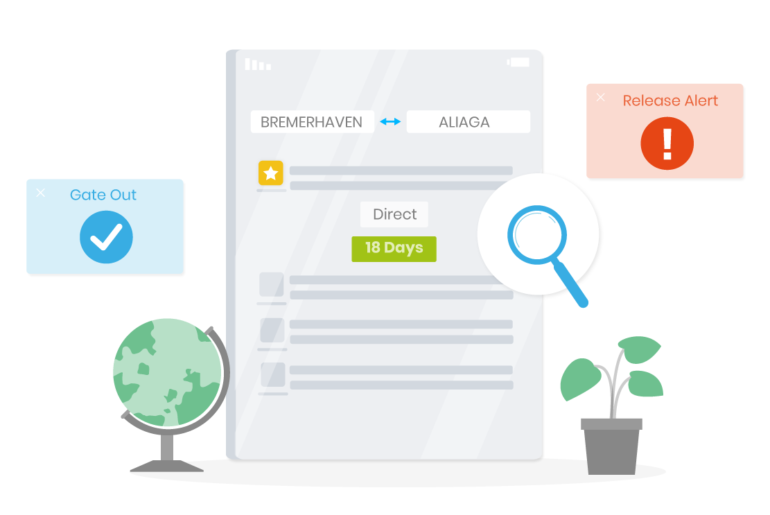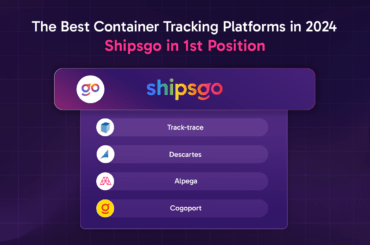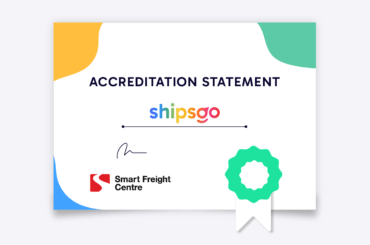Container Tracking For Cargo Owners
An exporter (cargo owners) usually operates as a producer or intermediary, which needs efficient management of both inbound and outbound logistics activities in an integrated approach. For example, the exporter engaged in production with import-based inputs should accurately forecast the transit times of inputs supplied from abroad to make production planning accordingly. With the forecasting, delays due to long transit times, especially in maritime transport, have to be known instantly. On the other hand, within the scope of finished product logistics, the cargo owner should also design a system that can deliver the container to the customer at the promised time. For many cargo owners, it is a significant problem for both early and late arrivals of the containers at the customers’ port.
Is the Current Status of Container Important for Cargo Owners?
Shipping Lines’ schedules are not reliable. According to SeaIntelligence, on-time arrivals ranged from 65% to 76% in the first nine months of 2018. On the other hand, almost no container carrier gives any delay/update in the container transport process. Carriers, also don’t have any service informing the customer’s container has been withdrawn from the container port. Exporters have to follow up the “tracking&tracing” pages of the carriers with different designs. As a result, apart from a significant amount of time spent in this business, significant material losses and problems in customer service are experienced.
Solutions
So what do you need to do? The answer is simple;
1) The carrier with the most reliable transit time declaration should be selected,
2) A system that can receive instant information from all delays/updates during container transportation should be used.
Now, Let’s explain how ShipsGo provides these solutions briefly;
1) The carrier with the most reliable transit time declaration should be selected
Knowing the past performances is the best way to decide on the carrier that makes a reliable transit time declaration. It is straightforward to do so. Take, for example, an exporter who imports from Germany and loads his container from the Port of Bremerhaven. This exporter should bring the container to Izmir Aliaga Port with a maximum transit time of 18 days so that production plans are not interrupted. In this sense, this exporter can make a query using the find route finder” search engine of the ShipsGo platform, and the transit times of all carriers are listed on the same page.
The time shown in the list next to the carrier name is the estimated time that the ShipsGo algorithm offers the user. If the “Last Updated” information is clicked, the transit times of the last shipments made by the carrier are listed up to 5 observations. The users can easily understand the carrier’s transit time deviations and reliability.
2) Use a system that will be informed instantly of all delays during container transportation
As an exporter, you can say, “my team is currently tracking containers by looking at carriers’ websites, and I don’t need such a service.” However, the feedback ShipsGo receives from exporter customers is that the time spent on container tracking is reduced by at least 50% in the business after using ShipsGo services.
As ShipsGo, the essential services we provide to exporters within the scope of “full traceability” are as follows;
Customized tracking service
Real-time shipment monitoring
On-time arrival, delay notification, release alert, gate-out confirmation
API integration with all IT systems




